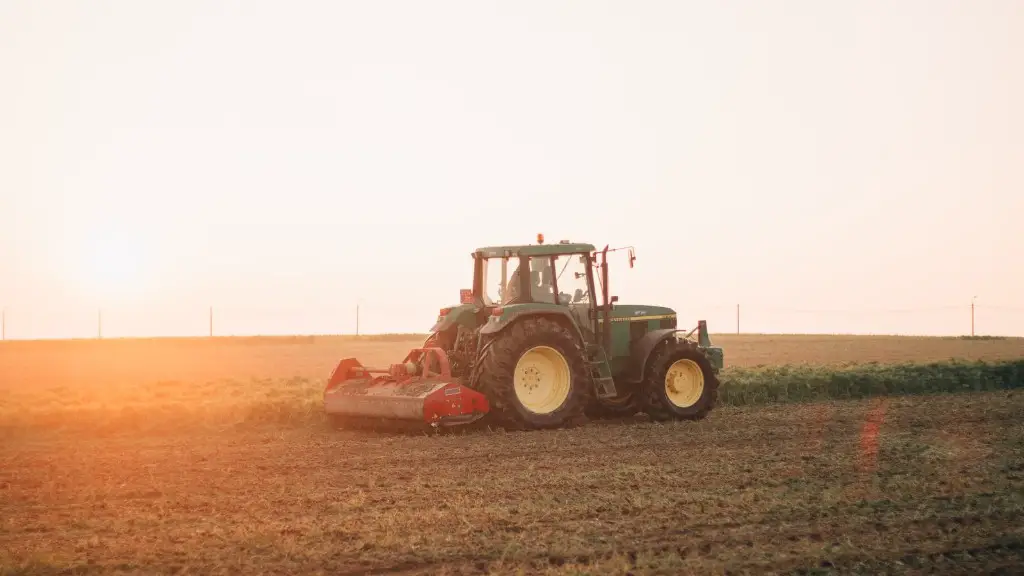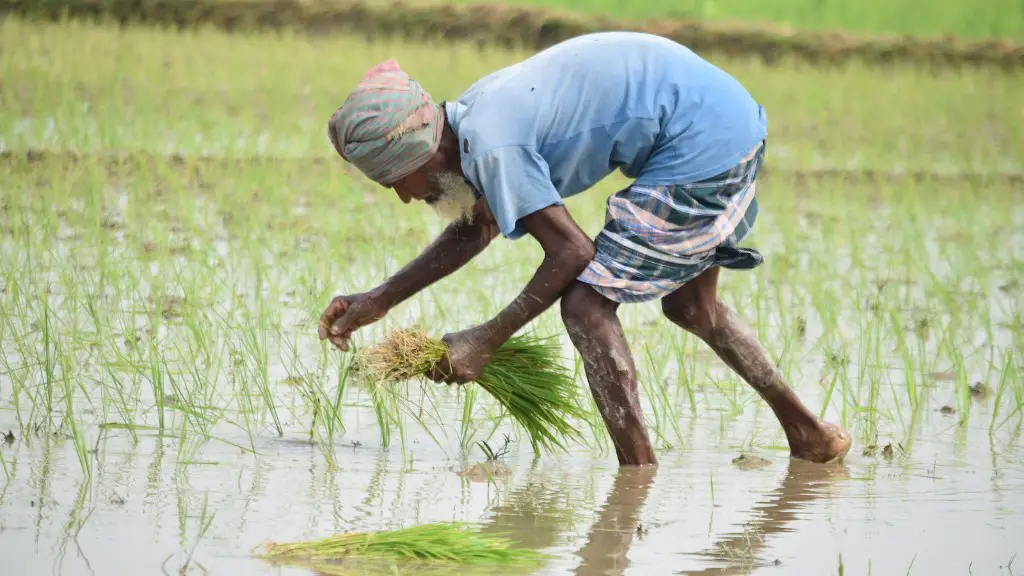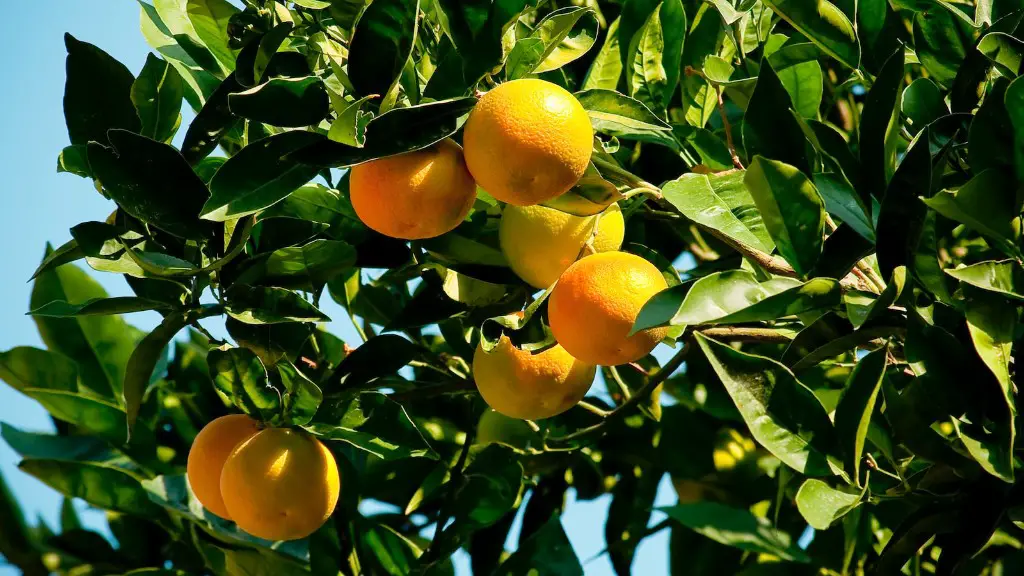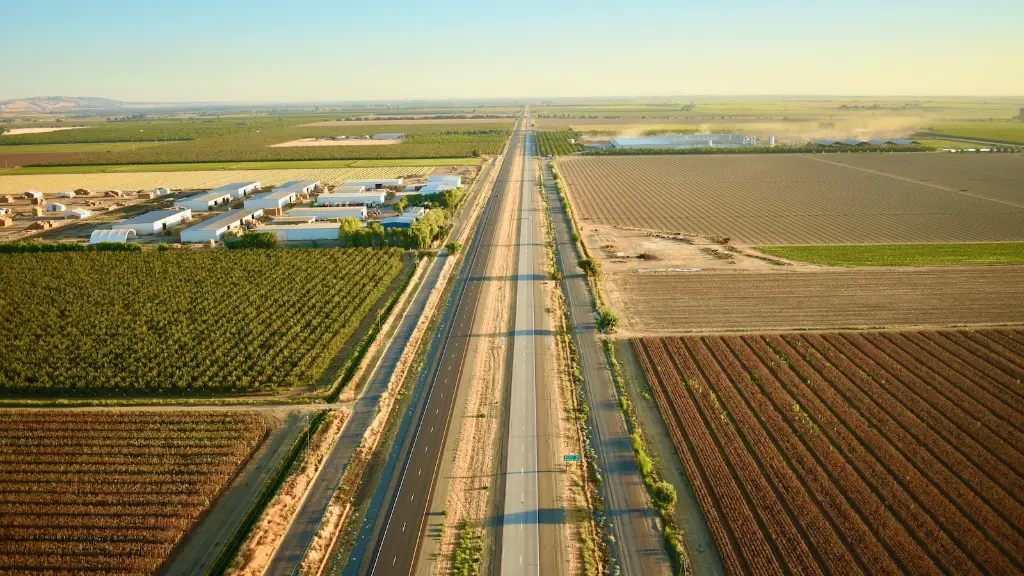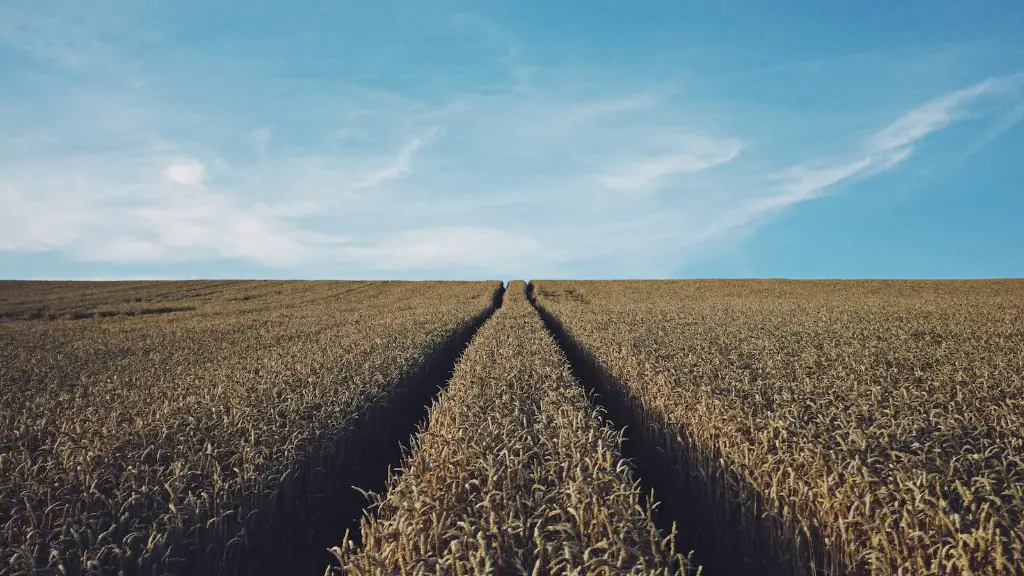The SAE (Supervised Agricultural Experience) program is a key component of the FFA (Future Farmers of America). The SAE program allows students to gain real-world, hands-on experience in the agriculture industry. There are three types of SAEs: placement, exploration, and entrepreneurship. Placement SAEs involve working or interning at an agriculture-related business or organization. Exploration SAEs involve research and investigation into a particular area of agriculture. Entrepreneurship SAEs involve developing and managing one’s own agriculture-related business. SAEs give students the opportunity to develop leadership skills, learn about livestock and crop production, and gain a better understanding of the business side of agriculture.
The Society of Agricultural Engineers (SAE) is a professional organization that supports agricultural engineers and promotes the profession.
What is an example of an SAE?
There are many businesses that can be started in the agricultural industry. A few examples would include raising and selling animals or crops, building and selling agricultural equipment, buying and reselling feed, seed or fertilizer, owning a pet care business or a business that programs and installs computer equipment in tractors. With a little creativity and entrepreneurial spirit, there are many opportunities for success in this industry.
The five Immersion SAE types are: Placement/Internship SAE, Ownership/Entrepreneurship SAE, Research: Experimental, Analysis or Invention SAE, School-Based Enterprise SAE, and Service-Learning SAE. Each of these types builds upon the Foundational SAE component in a real-world application.
What are 4 types of SAE in agriculture
SAE programs are a great way to explore your career interests and gain valuable experience in the agriculture industry. There are four types of SAE programs: exploratory, entrepreneurship, placement, and research/experimentation. Your agriculture teacher, your family, and other interested persons can be real assets in helping you develop your SAE program.
SAE’s can take many different forms, but all must be approved by the member’s local FFA chapter. Some common examples of SAE’s include working on a farm, interning at an agricultural business, or conducting research on an agricultural topic. No matter what form it takes, an SAE provides valuable hands-on experience that can help a student better understand the concepts they learned in the classroom.
What are 3 types of SAE programs?
SAE research programs are designed to help students gain experience in the field of engineering and to improve their problem-solving skills. There are three main types of SAE research programs: experimental, analytical, and invention. Experimental programs are designed to allow students to test their ideas and theories in a real-world setting. Analytical programs are focused on helping students develop new ways to analyze data and to solve problems. Invention programs are designed to help students create new products or processes.
An SAE is any serious adverse event that occurs in a patient during a clinical trial. These events can range from something as minor as a headache to something as major as a heart attack. SAEs are closely monitored by researchers to ensure that the safety of trial subjects is maintained.
What are the SAE topics in FFA?
The SAE Idea Cards are a great way to get ideas for your SAE project. Each career area provides ideas for all six SAE types, which are Entrepreneurship/Ownership, Placement, Research, School-Based Enterprise, Service-Learning and Exploratory. This is a great resource to use when you are planning your SAE project.
Service-learning, school-based enterprise, and research are all great ways to get involved in your community and learn new skills. However, if you’re looking for a way to really make a difference, consider becoming an entrepreneur. Owning your own business is a great way to create jobs and help grow the economy. Plus, it’s a lot of fun!
What are some SAE in FFA
Supervised Agricultural Experience (SAE) is an agricultural experience that students are required to get throughout their sophomore, junior, and senior years in the agriculture program. SAE gives students the opportunity to get real-world experience in the agriculture industry and learn important skills that they will need in their future career.
An SAE is a great way for students to get real-world experience in the agriculture, food, and natural resources industries. By participating in an SAE, students can learn valuable skills that will help them in their future career.
What are 6 types of SAE programs?
SAE stands for Supervised Agricultural Experience. There are three types of SAEs: paid placement, unpaid placement, and entrepreneurship. Paid placement is where the student is paid for their work, usually by the hour. Unpaid placement is where the student volunteers their time, typically at a non-profit organization. Entrepreneurship is where the student runs their own business. Agriscience research is a special type of SAE that is focused on research in the agricultural sciences. Foundational SAEs are those that are focused on Career Exploration or Home and Community Improvement.
There are a number of ways that educators can assist students in making career and educational decisions. One way is to provide an opportunity for students to explore various agriculture subjects. This can help students develop an interest in agriculture and learn about the different aspects of the industry. Another way to assist students is to help them develop self-confidence. This can be done by providing educational and agricultural experiences in specialized areas of agriculture. This will allow students to gain confidence in their ability to succeed in the agriculture industry.
What are the benefits of a SAE
If you’re looking for an edge in the automotive industry, becoming a member of SAE International is a great way to get access to first-to-market technical insights, best-in-class resources, and a global network of experts. You’ll also enjoy discounts on professional development, publications, and more. So don’t wait – join SAE International today and start staying ahead of the competition!
There are a lot of different things that you can do for your SAE project. Some more ideas include starting a worm bin for vermicomposting, building a simple greenhouse, creating compost, raising chickens or ducks, and starting your own business. With so many different options, you should be able to find something that interests you and that you can do well. Just make sure to do your research and put in the effort and you will be sure to succeed!
What two things does an SAE allow you to do?
SAEs are a great way to explore different careers in the agricultural industry. They can help you refine your career choice and meet real-world career expectations. You can also develop specific skills that will be useful in your chosen career. SAEs can enhance your school experience by providing a hands-on opportunity to apply what you have learned in the classroom.
A serious adverse event or serious suspected adverse reaction is one that results in death, a life-threatening event, inpatient hospitalization, or prolonged of existing hospitalization. Other serious events may include a persistent or significant incapacity or substantial disruption of the ability to conduct normal life functions, or a congenital anomaly/birth defect.
What is different between AE and SAE
A serious adverse event (SAE) is an unexpected medical event that occurs during treatment with a medication or medical device. SAEs are a subset of adverse events (AEs). Some protocols may list events specific to the protocol that should be reported as serious.
The SAE (Student Agricultural Experience) offers a variety of types for students to choose from in order to help them explore careers, financial planning, and workplace safety. The types of SAEs vary from entrepreneurial experiences to internships and research opportunities. These experiences are beneficial for students seeking to enter the workforce after graduation.
Conclusion
There is no definitive answer to this question as it can vary depending on the specific context in which it is used. However, in general, an sae in agriculture refers to an agricultural science and engineering degree. This type of degree is typically focused on the scientific and technological aspects of agriculture, and may cover topics such as crop production, soil science, animal husbandry, and agricultural machinery.
The Society of Agricultural Engineers (SAE) is an international professional and educational organization dedicated to the advancement of engineering in agriculture. The society provides members with opportunities to network, learn, and grow in their careers. The society also offers educational resources, including scholarships and grants, to help members advance their education and careers in agriculture.
